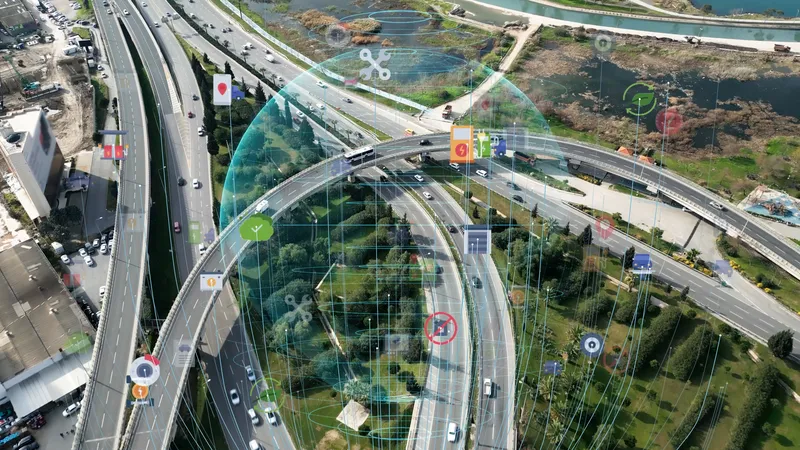A European Parliament/Council deal on a life-saving automatic emergency call system for cars, agreed on Monday evening, was backed by Internal Market Committee MEPs on Thursday.
The in-vehicle eCall system uses 112 emergency call technology to alert the emergency services to serious road accidents automatically. This enables them to decide immediately on the type and size of rescue operation needed, helping them to arrive faster, save lives, reduce the severity of injuries and cut the cost of traffic ja
December 4, 2014
Read time: 3 mins
A European Parliament/Council deal on a life-saving automatic emergency call system for cars, agreed on Monday evening, was backed by Internal Market Committee MEPs on Thursday.
The in-vehicle eCall system uses 112 emergency call technology to alert the emergency services to serious road accidents automatically. This enables them to decide immediately on the type and size of rescue operation needed, helping them to arrive faster, save lives, reduce the severity of injuries and cut the cost of traffic jams. The deal would require all new car models to be equipped with eCall technology from 31 March 2018.
Each year emergency services across the EU deal with road accidents which in 2013 took 26,000 lives.
MEPs strengthened the draft law’s data protection clause to preclude tracking of eCall-equipped vehicle before the accident occurs. Under the agreed deal, the automatic call would give the emergency only a basic minimum data such as the class of vehicle, the type of fuel used, the time of the accident and the exact location.
MEPs also amended the draft law to ensure that data gathered by emergency centres or their service partners must not be transferred to third parties without explicit consent of the person concerned. Manufacturers will also have to ensure that the eCall technology design permits full and permanent deletion of data gathered. Clear information about the processing of eCall data would have to be included in the car owner's manual and available online, MEPs added.
As some manufacturers are already offering eCall-type services to drivers through private call centres, the deal provides for the co-existence of two systems (public eCall and eCall-supported third party services (TPS)), provided that 112-based eCall is always automatically available should TPS fail to work and that vehicle owners may choose public eCall services rather than private ones at any time.
All new models of passenger cars and light commercial vehicles will have to be equipped with the eCall system no later than 31 March 2018. In the following three years, the1690 European Commission will assess whether eCall should be extended to other vehicles, such as buses, coaches or trucks, according to the agreement text.
The agreement must now be formally approved by all EU member states and Parliament as a whole, probably in March 2015.
The in-vehicle eCall system uses 112 emergency call technology to alert the emergency services to serious road accidents automatically. This enables them to decide immediately on the type and size of rescue operation needed, helping them to arrive faster, save lives, reduce the severity of injuries and cut the cost of traffic jams. The deal would require all new car models to be equipped with eCall technology from 31 March 2018.
Each year emergency services across the EU deal with road accidents which in 2013 took 26,000 lives.
MEPs strengthened the draft law’s data protection clause to preclude tracking of eCall-equipped vehicle before the accident occurs. Under the agreed deal, the automatic call would give the emergency only a basic minimum data such as the class of vehicle, the type of fuel used, the time of the accident and the exact location.
MEPs also amended the draft law to ensure that data gathered by emergency centres or their service partners must not be transferred to third parties without explicit consent of the person concerned. Manufacturers will also have to ensure that the eCall technology design permits full and permanent deletion of data gathered. Clear information about the processing of eCall data would have to be included in the car owner's manual and available online, MEPs added.
As some manufacturers are already offering eCall-type services to drivers through private call centres, the deal provides for the co-existence of two systems (public eCall and eCall-supported third party services (TPS)), provided that 112-based eCall is always automatically available should TPS fail to work and that vehicle owners may choose public eCall services rather than private ones at any time.
All new models of passenger cars and light commercial vehicles will have to be equipped with the eCall system no later than 31 March 2018. In the following three years, the
The agreement must now be formally approved by all EU member states and Parliament as a whole, probably in March 2015.










